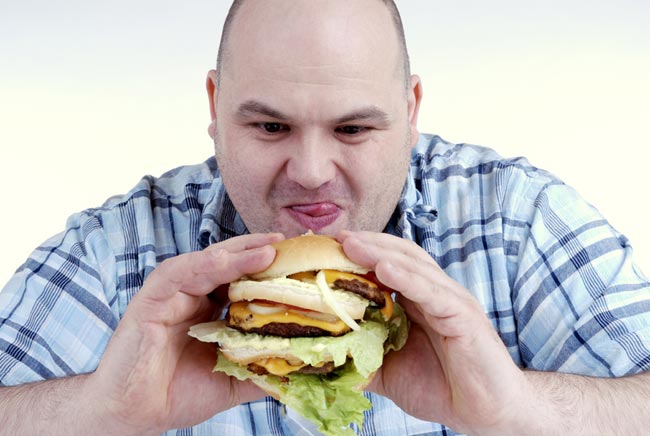Self-Control Is Contagious, Study Finds

Get the world’s most fascinating discoveries delivered straight to your inbox.
You are now subscribed
Your newsletter sign-up was successful
Want to add more newsletters?

Delivered Daily
Daily Newsletter
Sign up for the latest discoveries, groundbreaking research and fascinating breakthroughs that impact you and the wider world direct to your inbox.

Once a week
Life's Little Mysteries
Feed your curiosity with an exclusive mystery every week, solved with science and delivered direct to your inbox before it's seen anywhere else.

Once a week
How It Works
Sign up to our free science & technology newsletter for your weekly fix of fascinating articles, quick quizzes, amazing images, and more

Delivered daily
Space.com Newsletter
Breaking space news, the latest updates on rocket launches, skywatching events and more!

Once a month
Watch This Space
Sign up to our monthly entertainment newsletter to keep up with all our coverage of the latest sci-fi and space movies, tv shows, games and books.

Once a week
Night Sky This Week
Discover this week's must-see night sky events, moon phases, and stunning astrophotos. Sign up for our skywatching newsletter and explore the universe with us!
Join the club
Get full access to premium articles, exclusive features and a growing list of member rewards.
When you restrain from scarfing down unhealthy foods or hold back on that extra drink, others may deserve some of the credit. Self-control is contagious, a new study suggests.
In a series of studies in a lab setting, researchers found that watching or even thinking about someone with good self-control makes others more likely show the same restraint.
And they found the opposite also holds true — people with lousy self-control influence others negatively. The effect is so powerful, in fact, that just seeing the name of someone with good or bad self-control flashing on a screen for 10 milliseconds changed the behavior of volunteers.
"The take-home message of this study is that picking social influences that are positive can improve your self-control," said lead author Michelle vanDellen, a psychology professor at the University of Georgia. "And by exhibiting self-control, you're helping others around you do the same."
However, since the studies were conducted in a laboratory setting, more research will be needed to verify the results.
People tend to mimic the behavior of those around them, and bad habits such as smoking, drug use and obesity tend to spread through social networks. But the current study is thought to be the first to show that self-control is contagious across behaviors. That means that thinking about someone who exerts self-control by regularly exercising, for example, can make your more likely to stick with your financial goals, career goals or anything else that takes self-control on your part.
The findings are the result of five separate studies conducted over two years.
Get the world’s most fascinating discoveries delivered straight to your inbox.
In one study, the researchers randomly assigned 36 volunteers to think about a friend with either good or bad self-control. Those who thought about a friend with good self-control persisted longer on a handgrip task commonly used to measure this behavior, while the opposite held true for those who were asked to think about a friend with no restraint.
Another study enrolled 71 volunteers, who watched others exert self-control by choosing a carrot from a plate in front of them instead of a cookie from a nearby plate, while others watched people eat the cookies instead of the carrots. The volunteers had no interaction with the tasters other than watching them, yet their performance was altered on a later test of self-control depending on who they were randomly assigned to watch.
And in a third experiment, 42 volunteers were randomly assigned to list friends with both good and bad self-control. As they were completing a computerized test designed to measure self-restraint, the computer screen would flash the names for 10 milliseconds — too fast to be read but enough time to subliminally bring the names to mind. Those who were primed with the name of a self-disciplined friend did better, while those primed with friends without self-control did worse.
VanDellen said the magnitude of the influence might be significant enough to be the difference between eating an extra cookie at a party or not, or deciding to go to the gym despite a long day at work. The effect isn't so strong that it absolves people of accountability for their actions, she explained, but it is a nudge toward or away from temptation.
"This isn't an excuse for blaming other people for our failures," vanDellen said. "Yes, I'm getting nudged, but it's not like my friend is taking the cookie and feeding it to me; the decision is ultimately mine."
The results were published online Dec. 15 in the journal Personality and Social Psychology Bulletin. The research was supported by the National Institute on Drug Abuse.
 Live Science Plus
Live Science Plus











